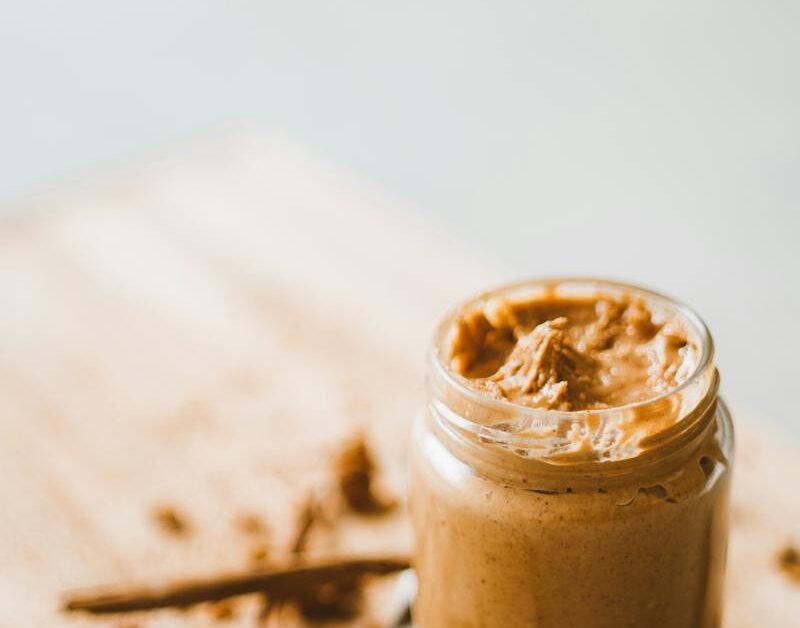Do people who follow the keto diet poop more?
The ketogenic diet, commonly known as the keto diet, has gained significant popularity in recent years due to its potential benefits for weight loss and overall health. However, as with any dietary change, there are often questions and concerns about its effects on bodily functions. One common question that arises is whether people who follow the keto diet experience an increase in bowel movements. In this article, we will explore this topic and provide valuable insights into the relationship between the keto diet and bowel movements.
The Basics of the Keto Diet
Before delving into the effects of the keto diet on bowel movements, it is essential to understand the basics of this dietary approach. The keto diet is a low-carbohydrate, high-fat diet that aims to shift the body’s metabolism into a state of ketosis. In ketosis, the body primarily relies on fat for fuel instead of carbohydrates. This metabolic state is achieved by drastically reducing carbohydrate intake and increasing fat consumption.
The Link Between Diet and Bowel Movements
Our diet plays a crucial role in determining the frequency and consistency of bowel movements. Different types of food can affect the digestive system in various ways. For example, a diet high in fiber promotes regular bowel movements, while a low-fiber diet can lead to constipation. Therefore, it is reasonable to assume that changes in dietary habits, such as adopting the keto diet, may impact bowel movements.
Potential Effects of the Keto Diet on Bowel Movements
While there is limited scientific research specifically investigating the relationship between the keto diet and bowel movements, anecdotal evidence suggests that some individuals may experience changes in their digestive patterns when following this dietary approach. Here are some potential effects:
- Constipation: The keto diet is typically low in fiber, as many high-fiber foods, such as fruits, legumes, and whole grains, are restricted. Insufficient fiber intake can lead to constipation, as fiber adds bulk to the stool and promotes regular bowel movements.
- Diarrhea: On the other hand, some individuals may experience diarrhea when transitioning to the keto diet. This could be due to the increased consumption of fats, which can have a laxative effect in some people.
- Changes in gut microbiota: The keto diet may also influence the composition of the gut microbiota, which plays a crucial role in digestion and overall gut health. Alterations in the gut microbiota can impact bowel movements.
Tips for Maintaining Healthy Bowel Movements on the Keto Diet
If you are following or planning to follow the keto diet and want to maintain healthy bowel movements, here are some tips:
- Incorporate fiber-rich foods: While the keto diet restricts many high-fiber foods, there are still options available. Include low-carb vegetables like broccoli, cauliflower, and spinach, as well as nuts and seeds, which are relatively low in carbs but high in fiber.
- Stay hydrated: Drinking an adequate amount of water is essential for maintaining regular bowel movements. Aim to drink at least eight glasses of water per day.
- Consider supplements: If you find it challenging to meet your fiber needs through diet alone, you may consider taking fiber supplements. Psyllium husk and flaxseed are popular options.
- Listen to your body: Pay attention to how your body responds to the keto diet. If you experience constipation or diarrhea, consider adjusting your fat and fiber intake accordingly.
It is important to note that individual experiences may vary, and what works for one person may not work for another. If you have concerns about your bowel movements or any other aspect of your health while following the keto diet, it is always best to consult with a healthcare professional.
In conclusion, while there is no definitive answer to whether people who follow the keto diet poop more, it is clear that dietary changes, such as adopting a low-carbohydrate, high-fat diet, can impact bowel movements. By understanding the potential effects and implementing strategies to maintain healthy digestion, individuals can navigate the keto diet while promoting regular bowel movements and overall well-being.
